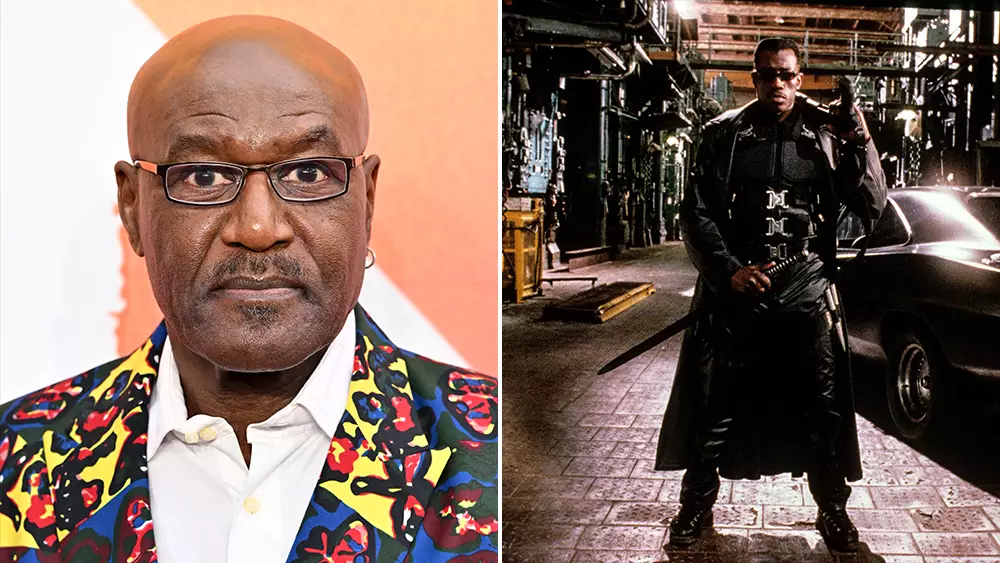The much-anticipated reboot of Blade, a quintessential character from the Marvel universe, seems to be stuck in a quagmire of indecision and mismanagement. Delroy Lindo, who was initially onboard for the project alongside Mahershala Ali, has openly addressed the chaotic evolution—or lack thereof—of this ambitious film. His candid remarks serve as a stark warning regarding the trajectory of a reboot that was once filled with promise but now stands as a harbinger of lost potential.
Lindo’s insights into the behind-the-scenes tumult highlight the creative disagreements that have characterized the project since its inception. The original Blade, starring Wesley Snipes, was a cultural touchstone in the early 2000s for its representation of Black superheroes and its successful melding of genres. Marvel’s attempt to recapture that lightning in a bottle is admirable yet profoundly misguided, as they have seemingly chosen the path of convoluted complexity instead of embracing the simplicity that originally resonated with audiences.
Inclusive Vision Grounded in Reality
During his conversations with Marvel executives, Lindo expressed optimism over the inclusive vision they initially proposed. He mentioned a character that transcended mere entertainment; one who embodied the qualities of leaders like Marcus Garvey. This narrative framework hinted at a profound philosophical drive, which is both exciting and necessary in today’s cinematic landscape. However, it appears that those ambitious goals fell victim to creative clashes and structural mismanagement. The question arises: how could a project with such lofty aspirations go so irreparably awry?
The disappointment of the Blade reboot reflects a broader trend in Hollywood, where ambitious reboots of classic franchises often overlook foundational storytelling in favor of flashy visuals and star power. It’s not enough to gather a talented cast; the narrative must be grounded in characters that evoke emotional resonance. The delays, including the departure of directors and creative leads, indicate that the project has lost its way, shifting from an inclusive vision to a confused amalgamation of ideas that fails to honor its roots.
The Stakes for Marvel
As Marvel seeks to maintain its position within an ever-evolving cultural landscape, the stakes are high, and the pressure is immense. Kevin Feige’s commitment to Ali’s portrayal of Blade is commendable, but it raises questions about the prioritization of a singular actor’s vision over a coherent narrative. If the studio hopes to engage today’s diverse audience, it must evolve past the simplistic formulas that marked its earlier triumphs.
Moreover, Lindo’s departure and the ever-growing list of exits should serve as a cautionary tale. Creative endeavors—especially in a franchise as beloved as Blade—require strong leadership and clarity of purpose. To stumble now, in the age of heightened expectations and scrutiny, may curse this project to become yet another unfortunate footnote in Marvel’s storied history.
This film had the potential to break barriers and redefine misconceptions about heroes and community. Instead, it risks becoming a ghost story—a tale of what could have been, overshadowed by bureaucratic mismanagement and a lack of cohesive vision. Without a course correction, Blade may become more than a delayed project; it may symbolize the peril of losing sight of what made it remarkable in the first place.


Leave a Reply